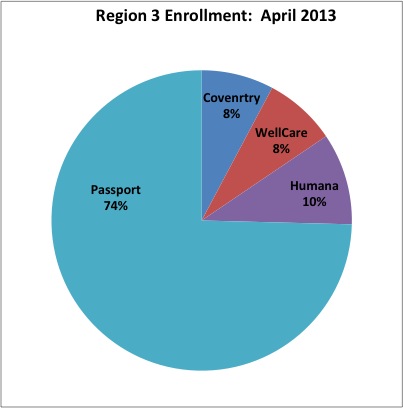Not Just a Bad Idea. It’s Against the Law!

Yesterday, the Office of the US Attorney, Eastern District of Kentucky, released a public notice that cardiologist Dr. Sandesh Rajaram Patil “pleaded guilty to charges that he falsely recorded the severity of patient’s illnesses in order to receive payment for numerous [medically unnecessary] heart procedures” while working at St. Joseph Hospital in London, then and now part of the CHI/KentuckyOne Health system. A prison term of some 3 years is anticipated. St. Joseph London has repaid the government $256,800 for an unstated number of cardiac stent angioplasties done in its hospital in 2009 and 2010 for which falsified bills were submitted. You can download a copy of the announcement at the FBI site, or here.
This means that we do not have to hedge anymore by referring to “alleged” angioplasty abuse. Frankly, I was not aware that criminal proceedings were underway but should not have been surprised. Neither do I know if there are ongoing criminal charges against other physicians at the hospital, or the hospital itself. Certainly there are a multitude of civil suits from patients pending against physicians and hospital alike. If I were a Blue Cross or a Humana, I would be getting in line for some refunds as well. The story is, unfortunately, far from over at this hospital and others in the state. The phrase “tip of the iceburg” comes to mind.
What was agreed to? Can we know?
As seems to be the case in such “settlements,” there appears to be a discrepancy between what the court assumes it has extracted in terms of admission, and what Dr. Patil is willing to concede. According to reporting by Andrew Wolfson, reprinted often in today’s papers, Patil’s attorney appears to claim (in contrast to the the use of the pleural in the announcement) that the degree of blockage in an artery was exaggerated for only a single patient, and that Dr. Patil “didn’t do anything that he didn’t think was medically necessary.” Its hard for me to get from one artery to three years in jail without access to the charges and the pleadings. What does the United States Attorney know that we do not? I am not completely surprised at the sentence, but how are we to judge its fairness without access to the facts. St. Joseph Hospital London had to give back a quarter of a million dollars. Was that too much… too little? The hospital submitted bad bills for payment. Does it have any culpability? If it does not, then it deserves to have its name fully cleared. As I have suggested for several months now, without full transparency and accountability, a cloud will hang over these and other hospitals and cardiologists for the foreseeable future. No one deserves that. Local physicians must be able to recommend their hospitals to their patients without reservation. Patients must feel comfortable going there.
[Addendum: I obtained additional insight into the matter of “how many” arteries were at issue, and what the magnitude of the hospital pay-back might tell us. See my comments below. Add your own] Continue reading “Cardiologist Pleads Guilty to Doing Unnecessary Angioplasties at St. Joseph’s Hospital London.”
 Another shoe drops: New lawsuit in Ashland.
Another shoe drops: New lawsuit in Ashland.
